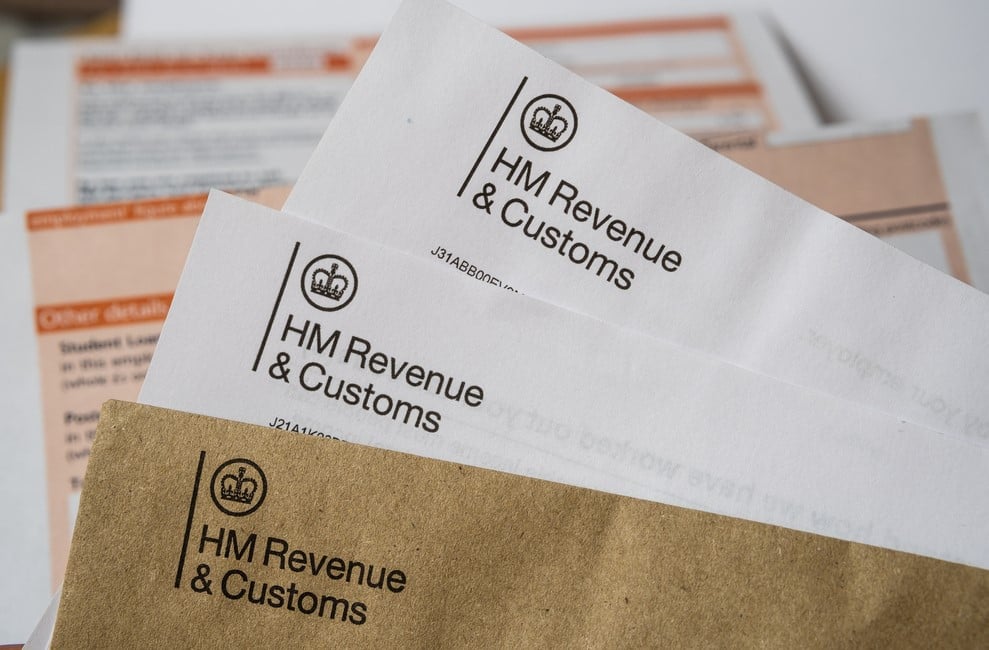Comprehending Your HMRC Nudge Letter: Crucial Tips!
HMRC can often propagate waves of anxiety across anyone’s day. Typically, these letters appear in different forms, but one type that might arrive in your mailbox is the dubbed “nudge letter.” Designed to remind or urge taxpayers about their fiscal responsibilities, especially pertaining to undeclared income, comprehending your HMRC nudge letter is crucial to make sure you’re meeting your tax obligations effectually.
What precisely is an HMRC Nudge Letter?
A nudge letter from HMRC is basically a preventive measure rather than an blaming one. These letters are part of HMRC’s approach to urge taxpayers to voluntarily correct any variations in their tax reports, notably focusing on foreign income that may not have been fully declared. Unlike formal audit letters, a nudge letter does not mean there is an current investigation into your tax affairs. Instead, it serves as a tender prompt that HMRC has data implying there could be undeclared income.

Why Have You Gotten This?
Should you’ve discovered one of these notices in your post, it’s probably because HMRC has obtained data which possibly clashes with the data you’ve submitted, or implies there might be additional sources of income that need be considered. Common causes for sending out a nudge letter involve differences observed in the data provided by international tax authorities or financial institutions about overseas income.
Interpreting the Message
The key content of a nudge letter generally includes a notice about the necessity of declaring all relevant incomes; a signal that errors should be fixed; and occasionally, links to guides on how to proceed with disclosing undisclosed income. It is vital to examine the details stated about the alleged undisclosed income meticulously and ascertain whether it pertains to your circumstance.
Subsequent Steps: What exactly Ought to You Do?
After receiving a reminder letter, taking proactive steps is vital:
Review your Tax Documents: Double-check your previous returns to ensure all income streams had been reported accurately. Pay special focus to any overseas earnings.
Consult a Tax Advisor: If there’s any kind of uncertainty about how to proceed or if amendments are necessary, seeking advice with a tax expert could offer clarity and guidance.
Reply Promptly: Follow any directions provided in the letter regarding due dates for reply. Engaging cooperatively with HMRC could frequently prevent additional complications or inquiries.
Correct Every Mistakes: If you find mistakes or omitted information, take swift steps to rectify it. This often involves lodging corrected returns and collaborating fully with HMRC.
Deterrence is Superior Than Cure
To steer clear of forthcoming HMRC nudge letters, keeping comprehensive and precise records of all domestic and foreign income is advisable. Frequently updating tax filings and ensuring comprehensive transparency can aid evade the strain associated with such checks from the tax authorities.
Moving through financial obligations can sometimes appear intimidating, especially when it involves complexities such as income from abroad. However, grasping why you got an HMRC prompt letter and understanding how to respond effectively can not only assist in addressing possible issues swiftly but also bolster your commitment to meticulous monetary conformity. Bear in mind, the tax authority uses these letters to help taxpayers in staying on track rather than fining them without prior notice.
To learn more about HMRC nudge letter take a look at our new site
